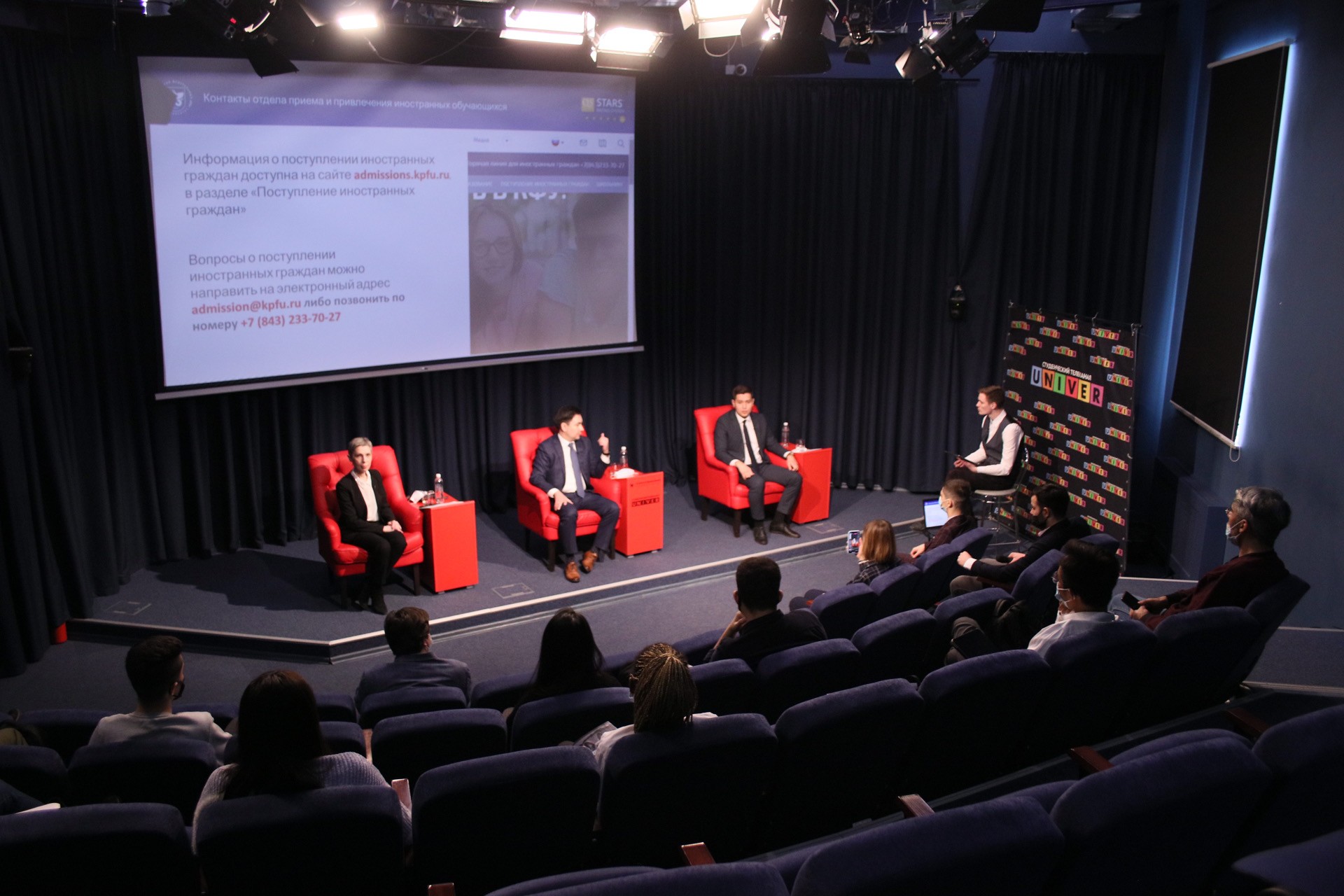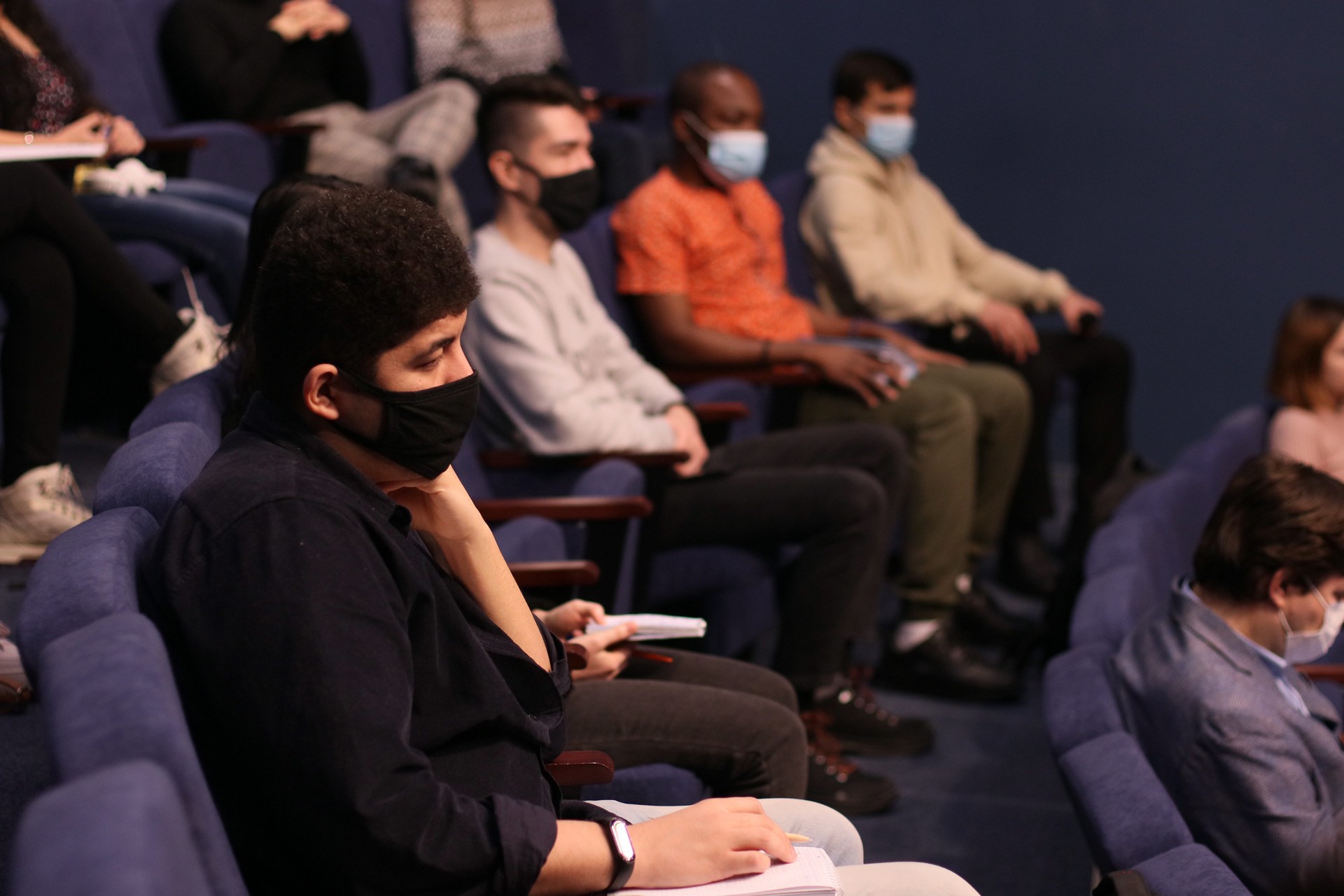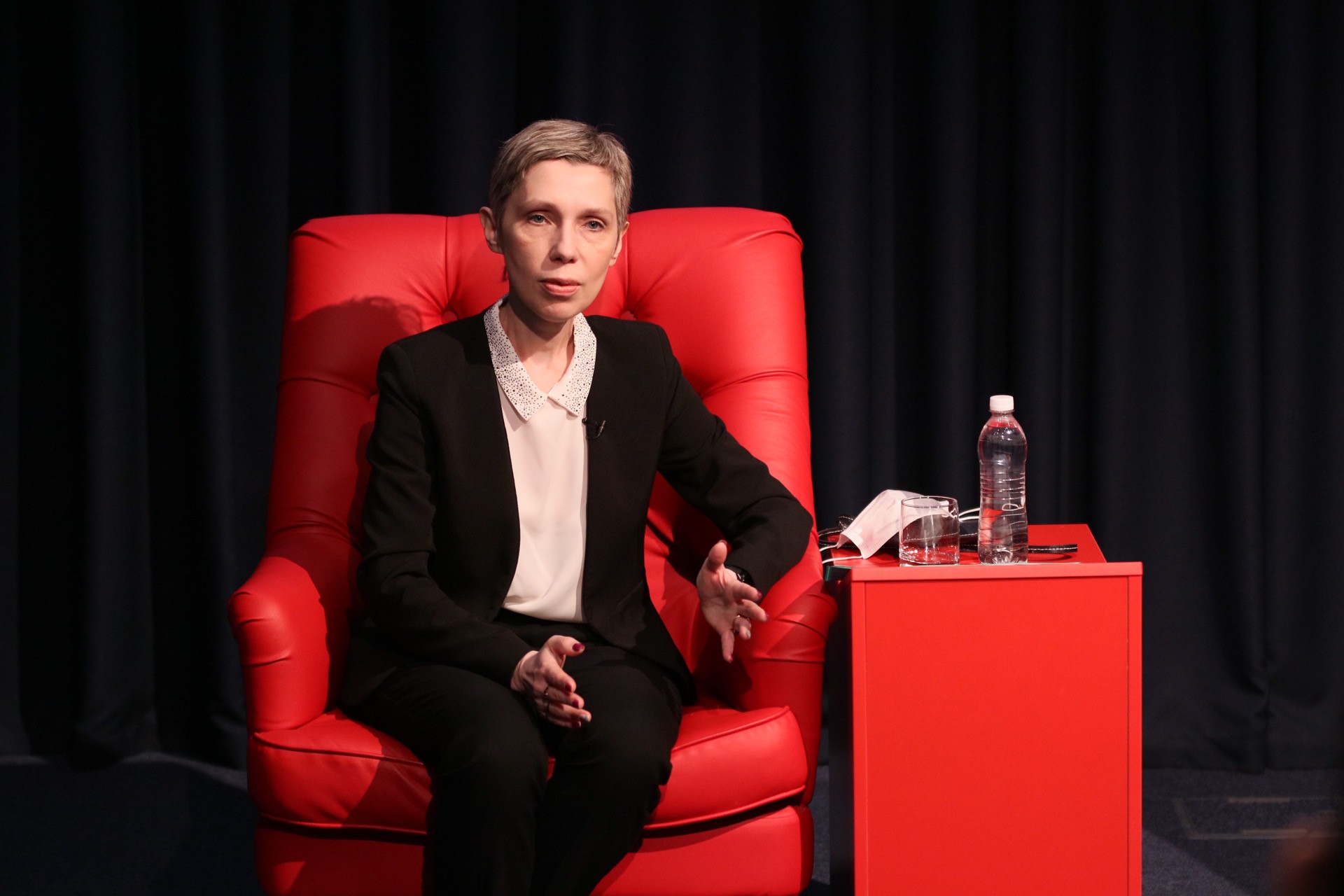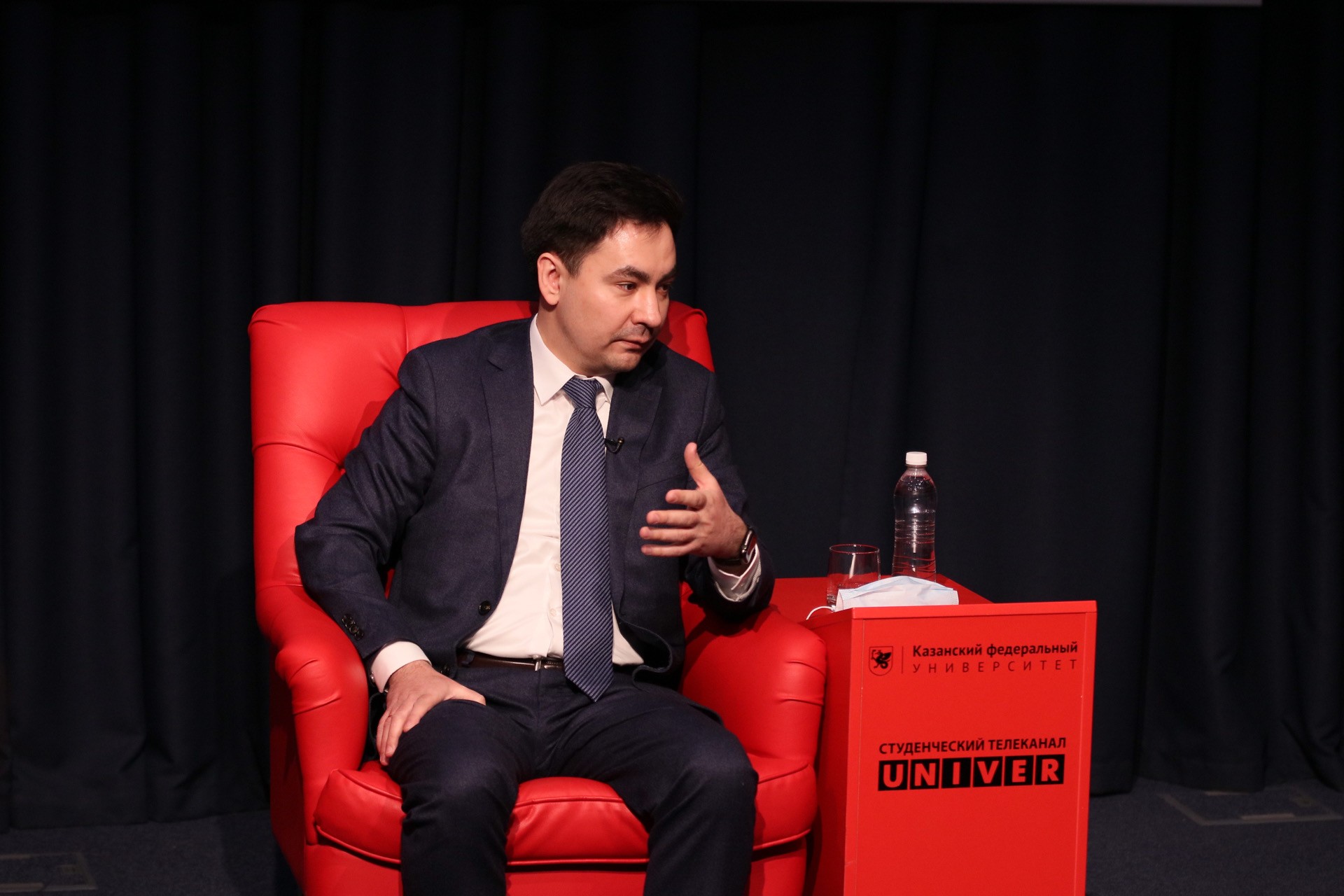Admission and studies questions discussed with international students during livestream

It was organized on March 11.
The livestream featured Vice-Rector for International Cooperation Timirkhan Alishev, Director of the International Office Olga Vershinina, and Head of International Admission Unit Rauf Sabirov.
As the participants reminded, direct flights have been restored by Russia with 24 countries: Turkey, Tanzania, United Arab Emirates, Maldives, Switzerland, Egypt, Republic of Korea, Serbia, Cuba, Japan, Ethiopia, Seychelles, Kyrgyzstan, Kazakhstan, Vietnam, India, Qatar, Finland, Azerbaijan, Armenia, Singapore, Greece, and Georgia.
“The citizens of these countries can enter Russia only via air transit. They have to have ‘studies’ marked as reason for arrival in their migration cards. Before arrival [not earlier than three days], they have to take a PCR test for COVID,” informed Vershinina.
The International Office strongly recommends to contact the Institute where a student studies before arrival. Freshmen are accommodated at the Universiade Village. Immediately after arrival, the students must visit Building 9 of the Village, where they are instructed on check-in and further procedures. A second COVID test must be taken not later than three days after arrival. Many clinics in Kazan offer such a test, including our own Kazan University Clinic.
“It’s very important that international student abide by all the migration rules during their stay in Russia,” warned Vershinina. “You have to register every time you come to Russia. For those who are stationed in the Universiade Village, this is done in Building 9. For those staying in other dorms, the address is 32 Gvardeyskaya street. If a student prefers to stay at a hostel, then the hostel management must register him, and for apartment stays – the owner of the apartment. Non-compliance with regulations results in fines.”
Students who are closer to graduation were interested in graduation thesis procedures.
On this, Vice-Rector Alishev had the following to say, “Last year, despite closed borders, we managed to conduct thesis presentations. So, if your country is currently open for Russia, we urge you to arrive and study in person. Some of the specialties don’t allow graduation without some type of on-site internship or lab work. If you cannot arrive because of objective circumstances, naturally, we’ll support you in presenting your thesis online.”
The audience members then asked about invitations for students from visa-based countries.
“Invitations can be offered to the citizens of the abovementioned 24 countries,” commented Vershinina. “To receive an invitation, you have to send your request by e-mail to invitations@kpfu.ru. After that, a request for invitation is submitted by the University, which takes about 30 to 45 days. Invitations can only be issued specifically to the citizens of the countries with open transit with Russia, and a document must be provided to confirm such citizenship status. With your request, you have to attach a scan of passport, translation of passport information into Russian language, and your study contract with KFU.”
A student from Afghanistan then inquired about the possibility of summer stay in university dorms.
“The situations changes quickly,” replied Alishev. “It’s difficult to predict what transpires in a month. Last year, we had a positive experience and let international students to stay in dormitories in the summer. We helped them with groceries and assisted them in employment. We’ll try to follow the same path this year. If a country is closed for transit, we’ll try to provide dormitory beds. Students won’t be left without a dwelling.”
Because of the closed borders, some expelled or graduated students cannot get back home. If there is no way to leave Russia, they are allowed to stay in dormitories for the time being. Alishev added, “We don’t check them out. However, if there is a physical possibility to exit Russia, such students must do so. We are in contact with embassies and consulates, and we inform them about the status of students and ask them to give seats to them on outgoing flights.”
Students also expressed their wish to create a research community based at the KFU International Club to more comprehensively realize their potential. Director Vershinina said she was glad that such initiative came up. It will be supported by the Institute of International Relations and supervised by Head of Student Adaptation Unit Sergey Tsvetkov.
Source text: Alina Minnevalieva
Photos: Alexander Kuznetsov
Translation: Yury Nurmeev







